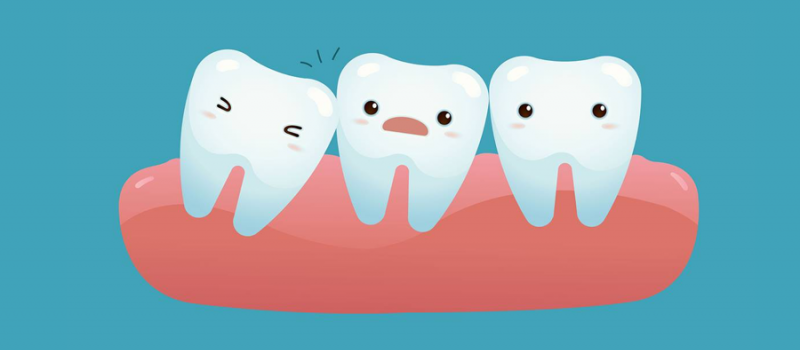Things you didn't know about your wisdom teeth
By Canada Cloud Pharmacy | Published Wednesday 07 April 2021

Every tooth in the set of 32 teeth that you have in your oral cavity is located and structured for different functions they carry. A wisdom tooth is a molar, each of which is located in the corner of the jaw.
Years after your permanent teeth have emerged, you get the wisdom teeth. Let us discuss wisdom teeth and how impacted wisdom teeth may create complications.
Does everyone get wisdom teeth?
Wisdom teeth were once a necessity as early humans' diet was roots, stems, and hard substances. As humans evolved, we started to cook our foods. With the help of technology, we soften the food before consuming it, thereby making wisdom teeth unnecessary. There is a common belief that some people will never have wisdom teeth. However, it may happen that you are carrying wisdom teeth inside your gums, and they have not erupted at all.
What is impacted wisdom teeth?
Your wisdom teeth erupts after all other teeth. Suppose your jaw does not have sufficient space to hold the erupted wisdom teeth. In that case, wisdom teeth cannot develop properly and emerge. As a result, they remain covered by either the soft tissue or the jaw bone or emerge only partially. These are the impacted wisdom teeth.
Do all wisdom teeth need extraction?
Many times the position of the wisdom teeth is not ideal. They may misalign and even grow horizontally. In such cases, they crowd the jaw, damage the other teeth, nerves, and bones in your jaw and cause swelling or pain. Suppose you face this problem due to your wisdom teeth, your dentist will recommend you to get the particular wisdom tooth extracted.
What are the symptoms of impacted wisdom teeth?
Impacted wisdom teeth typically result in the following symptoms:
-
Gums appear swollen and become painful.
-
You may have bleeding from the gums.
-
You may have a bad breath.
-
Opening of the jaw becomes difficult.
-
The mouth has a bad taste.
What are the causes of impacted wisdom teeth?
The causes of the impacted wisdom teeth are as follows:
-
In a smaller jaw with all permanent teeth, the wisdom teeth often do not find space to appear and may change their position.
-
Some wisdom teeth grow at an angle, and in such cases, they push the other teeth and may cause pain.
Can wisdom teeth lead to complications?
It isn't easy to reach the wisdom teeth to clean them. The following complications are seen:
-
Cavities in the teeth.
-
Decay of wisdom teeth and the surrounding teeth.
-
Infection.
-
Difficulty in flossing the teeth.
-
Damage to other teeth.
-
Growth of cysts.
How are impacted wisdom teeth managed?
If you do not have any symptoms, it is easy to manage the impacted wisdom teeth. However, if complications arise, you may have to undergo surgical removal of the impacted wisdom teeth under local anesthesia in the outpatient department. However, some surgical removal procedures may require general anesthesia.
Visit your dentist regularly for a dental examination. If you notice any symptoms due to improper wisdom teeth, consult your dentist for further treatment.



 Canadian Company
Canadian Company 



 Sign In
Sign In
 Home
Home 
 About Us
About Us 
 How to order
How to order 
 Products
Products 



